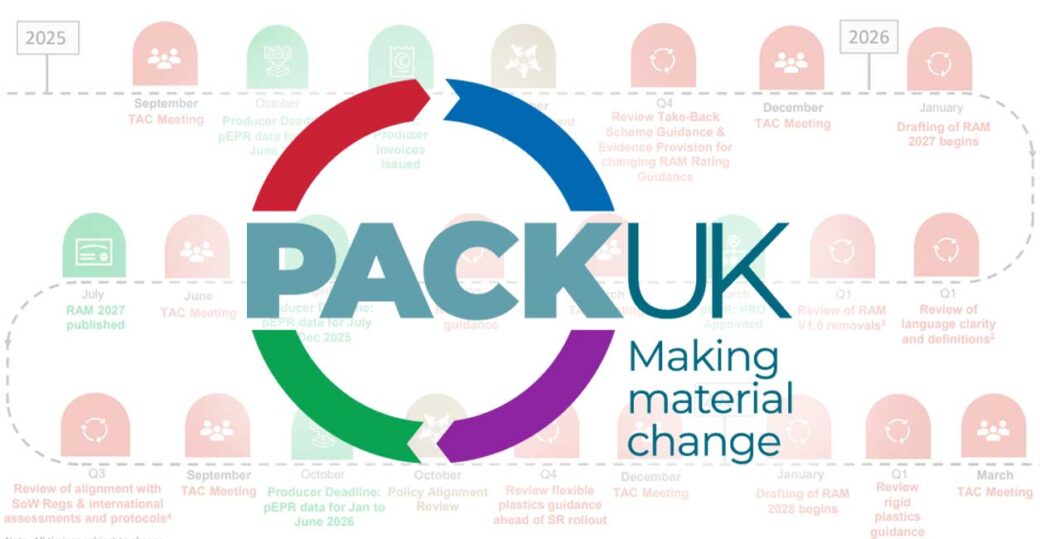When I first heard about POPs (Persistent Organic Pollutants), I thought that maybe the WEEE regulations had finally ditched their indie roots and gone mainstream. Of course, I soon learned that POPs are man-made compounds that persist when exposed to heat. Whilst their use has been phased out in recent years, POPs are frequently found in waste electrical and electronic equipment (WEEE) – normally as a flame retardant. Bioaccumulating through the food chain, they pose a risk to human health and the environment.
So far, so good. We know they aren’t good, and the industry has moved away from their use. The problem is that they tend to be present in end of life equipment, in such a quantity that ICER, the Industry Council, has recommended that products containing POPs should be considered hazardous waste. This means your old sandwich toaster and your limescale afflicted kettle, that you normally take to your recycling centre, may no longer be recycled.
This is because plastics derived from these streams can no longer be recycled without the separation of POPs – and practical considerations dictate that the separation is not possible.
The situation is the same with your old TV screen or monitor. These items will be treated as hazardous waste and will be sent for high-temperature incineration to ensure that the POPs contained within will be destroyed. This stems from a recast of the EU Regulation on POPs (2019/1021), which was adopted on 20 June 2019, setting tougher controls on these flame retardants.
Well, there are several unintended consequences that have not been properly thought through. The UK has failed to meet its WEEE recycling target for a number of years. In 2016/17, for example, the UK was 100,000 tonnes short from reaching its target. Last year, the UK failed once again.
In 2019, removing tens of thousands of tonnes of potential recycling because of POPs will mean that the UK continues to fail. And next year, we will be burning more than 60,000 tonnes of waste that we previously could recycle, contributing to an increase in CO2 emissions from the waste sector.
It is also unfortunate timing. The UK has finally embarked upon a big push to get more households to recycle. But now that small mixed WEEE (such as the toasters and kettles mentioned earlier) will be incinerated, it totally dilutes the “recycle more” message. Particularly given that most informational campaigns focus on recycling the “smaller” electrical items.
There are also unknown effects on the reuse industry. As any good student of waste and resource will know, reuse is better than recycling in the hierarchy and is greatly encouraged. In the UK, refurbishing and repair charities can often provide jobs to people with learning difficulties, hugely benefiting their way into the world of work.
However, the waste framework used by the UK clearly defines the activities of these organisations to be “waste” products. Thus, if these products are now deemed hazardous, those repair activities could be forced to stop. This ruling could have a devastating impact.
And what about high-temperature incineration capacity? Well, not good news here either. The UK is at capacity, partly because too many “non-hazardous” items find their way into the waste stream and are therefore designated as such. But since the collapse of Healthcare Environmental last year, capacity has been stretched to the maximum. Adding 50/60,000 tonnes to this waste stream is simply not possible. Exports, possibly unscrupulous ones to Africa, are likely to be the reaction to this logjam.
So, if the interpretation by Defra is correct, it is clear that changes should be phased in. POPs are a big issue, but surely a 12-month implementation period is sensible to allow industry to pause, reuse organisations to plan and household recycling campaigns to avoid being charged with misinformation.
But what if Defra is wrong? It appears that the EU 27 are taking an entirely different approach, choosing to measure the hazardous element after shredding/separation of materials. They have concluded that far fewer products are hazardous.
ICER and Defra maintain that their way is the right way, and everyone else is wrong. Whilst I definitely want POPs properly dealt with, I do wonder that the UK is taking a stand that may be a little over-egged. As a minimum, I would suggest the ICER report is peer-reviewed and other tests carried out.
Until then, 80% of small mixed WEEE recycling – apparently – stops in about a week’s time. And household waste sites will be full a few days or a week later.
Hopefully, the industry will get together with Defra and/or the EA and a sensible plan will be made. And if you have read this and realise you have the plan, now is the time to speak up.
Clarity Environmental has written to Rebecca Pow MP, Defra’s Parliamentary Under-Secretary, to highlight our concerns and request further discussions about how the industry can work together to ensure adequate measures are taken to safeguard the environment from POPs, whilst also protecting UK recycling.



